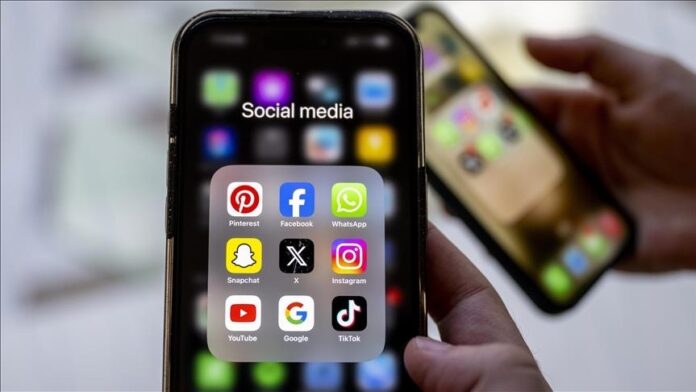A group representing major tech platforms including Facebook, YouTube and Snapchat asked the U.S. Supreme Court on Monday to block a Mississippi law requiring age verification and parental consent for minors using social media.
The trade association, NetChoice, filed an emergency appeal after a lower court’s order blocking the law was overturned by a federal appeals panel.
The law, passed in 2024, requires minors to get parental consent before creating accounts on certain digital platforms and mandates companies make “commercially reasonable” efforts to verify users’ ages. Violations may lead to civil fines of up to $10,000 and possible criminal charges under Mississippi’s deceptive trade practices law.
A district court judge in Mississippi had earlier ruled that the law likely violated constitutional free speech protections and temporarily blocked its enforcement. The Fifth Circuit Court of Appeals reversed that decision last week with a one-sentence order, allowing the law to take effect.
NetChoice argues the appeals court acted improperly and says the law is similar to others that have been blocked in states like Texas and Florida. According to the group, Mississippi is the only state allowed to implement such restrictions so far.
The case is the first time the U.S. Supreme Court has been asked to weigh in on a social media age-verification law. In its filing, NetChoice said its member platforms already have policies to control content for minors and tools for parental oversight.
The Mississippi attorney general’s office said it welcomed the appeals court’s decision and is preparing to defend the law in full appellate review.
States across the U.S. have introduced various measures to limit minors’ exposure to potential risks from social media. Several tech companies are also facing lawsuits from state governments, schools, and individuals over claims that their platforms harm young users’ mental health. The companies deny the allegations.




